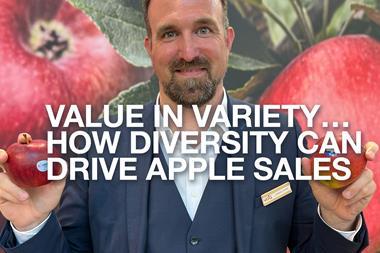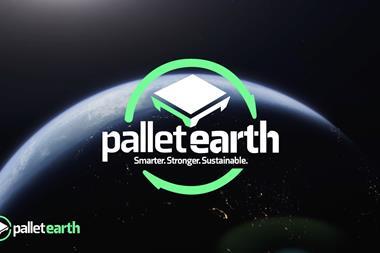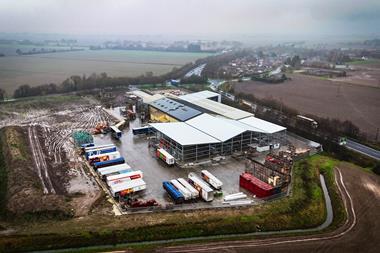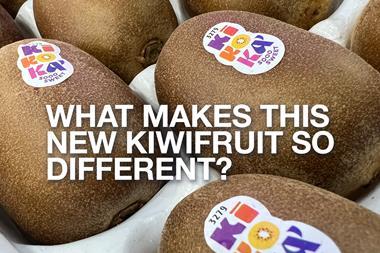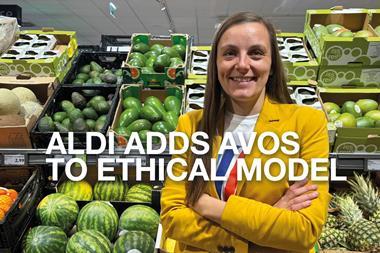City Harvest has appealed to the food industry to mitigate the costs associated with food waste by redistributing more surplus.
In a new report entitled Food for Thought: Unlocking the Economic and Social Benefits of Food Redistribution, the charity stressed the “urgent need” for farmers, manufacturers and retailers to redistribute more food – not only for environmental and social reasons, but also to generate cost savings in a challenging economic climate.
“By redistributing, food businesses eliminate costs spent on storage and warehouse spaces, as well as on waste management,” the not-for-profit argues.
“When businesses partner with organisations like City Harvest, they save even further by not having to pay for the logistics of disposal, as City Harvest takes care of transport and any required sorting of the produce. City Harvest believes that redistribution can address cost pressures in the food industry, whilst also helping vulnerable populations gain access to food.”
Despite all this, the survey revealed little awareness among donors of the potential savings associated with food donation, indicating a need to discuss its financial benefits – for producers, manufacturers and retailers. Indeed, only 11 per cent of City Harvest’s donors see cost savings as a motivator for donation.
More importantly, just 60 per cent of food surplus generated in Britain is redistributed, according to City Harvest, and only 49 per cent of the charity’s food donors redistribute over three-quarters of their surplus food. This indicates significant potential to increase donations, the charity believes.
City Harvest points out that the entire food industry bears the brunt of waste disposal, labour and transportation fees. And although anaerobic digestion (AD) is a sustainable alternative to sending food waste to landfill, it doesn’t come cheap and could get more expensive.
In December 2022 there were reports that operators of both gas-to-grid and electrical AD plants were facing higher business rates after the UK government changed the way it calculates rates. Analysis suggested the increase could be as much as 30 per cent per year for gas-to-grid plants and at least 20 per cent for electrical combined heat and power (CHP) plants.
In the City Harvest study, AD and landfill disposal emerged as the top areas for cost savings through food redistribution.
City Harvest said it wanted to establish itself as a business partner of the food industry and become built into the supply chain to ensure food surplus does not become food waste. The report’s key recommendations are as follows:
Facilitate a non-exclusive regulatory environment conducive to food redistribution. Governments can provide guidelines and incentives to encourage businesses to engage in food redistribution through tax subsidies, funds to support the logistics for businesses to redistribute and simplifying liability protection laws. Governments should positively endorse and praise partnerships that reroute surplus food from premature disposal to people and charities in need.
Food redistribution partners are sustainable solutions. Businesses can engage with organisations who specialise in redistribution to understand how to streamline and integrate redistribution into their internal processes. Activities can involve engaging in capacity training and workshops on donation logistics, volunteering activities to actively engage in the societal impact, and food waste reduction guidance.
Celebrate the transparency of food waste reporting. Sustainability leads should encourage and reward their partners for reporting their food waste instead of penalising them when auditing their supply chain for food wastage. The indicators should be beyond numbers and allow stakeholders to communicate their food waste management methods, including redistributing their food to those in need. Organisations who engage in these activities should be viewed as attractive and sustainable business partners.
Companies should set ESG targets to enhance their societal impact. As an activity with a high ESG value, redistribution not only saves businesses money, but helps them promote their social and environmental impact, thereby attracting a positive brand association among consumers and investors.
